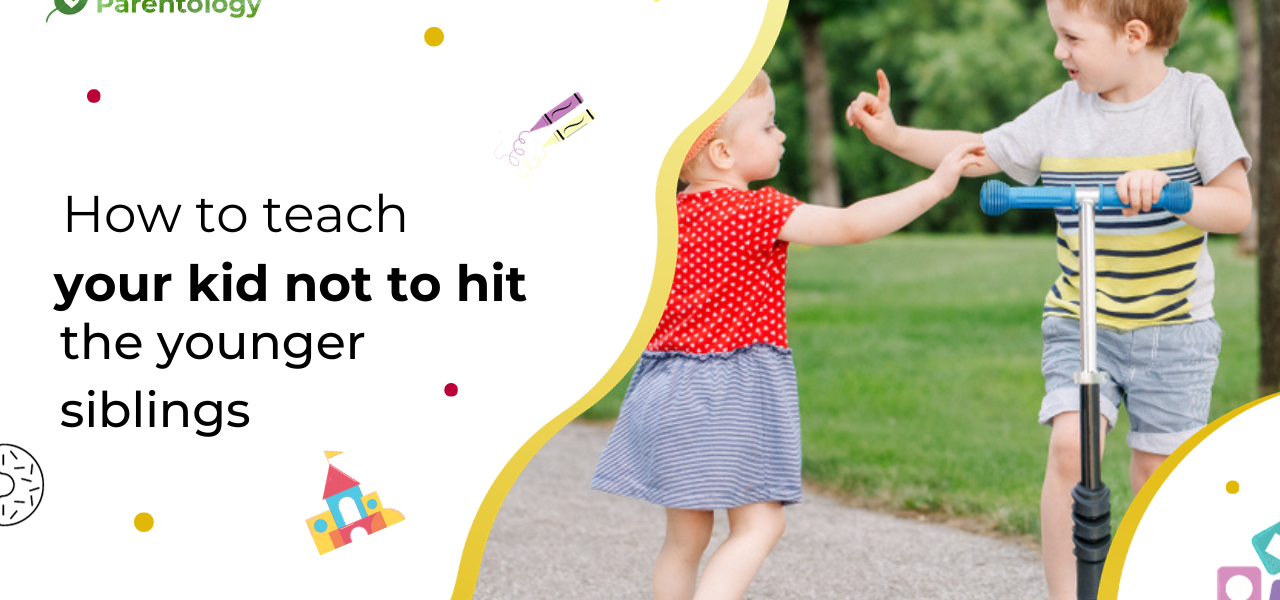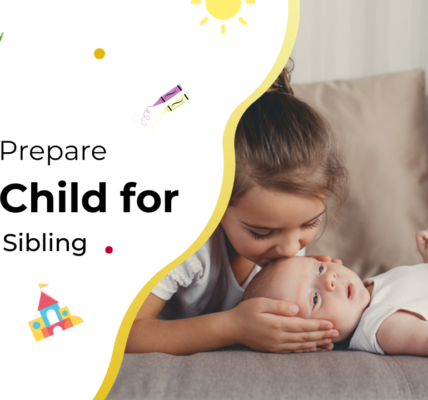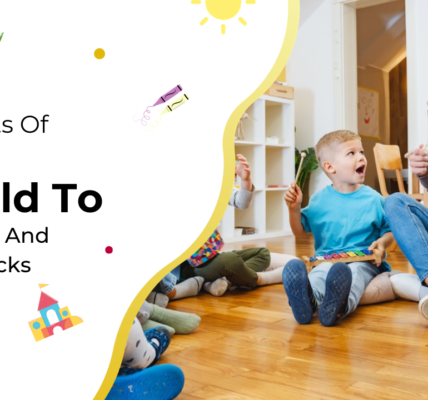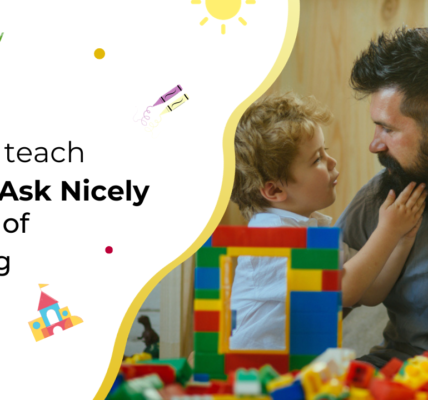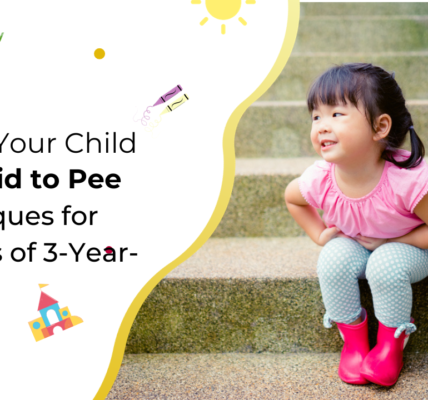Toddler Hitting Baby: How to Teach Your Child Not to Hit Younger Siblings
The arrival of a new baby in the family is a joyous occasion, but it can also pose challenges, especially when your toddler starts hitting their baby sibling. Sibling rivalry is a common phenomenon, and teaching your child not to resort to aggression is crucial for a harmonious household. In this comprehensive guide, we’ll explore how to handle the situation when your toddler hitting baby sibling and offer proven strategies to foster a loving relationship between them.
Understanding Toddler Behavior
Why Do Toddler Hitting Baby Siblings?
Understanding the underlying reasons for this behavior is the first step to addressing it effectively. Here are some common triggers:
1. Jealousy
- Attention: Toddlers might feel neglected when parents devote more time to the new baby.
- Possession: They might view the baby as an intruder in their territory.
2. Communication Difficulties
- Inability to Express: Toddlers may struggle to articulate their feelings, resorting to physical actions as a way to communicate.
3. Imitation
- Copying Behavior: Toddlers often mimic what they see. If they witness adults or older children hitting, they might do the same.
4. Self-Expression
- Frustration: Toddlers might hit when they are upset, frustrated, or overwhelmed.
Proven Strategies to Stop Toddler Aggression
1. Positive Reinforcement
- Praise Good Behavior: Encourage positive interactions and praise your toddler when they show kindness to the baby.
2. Communication
- Talk and Listen: Engage in open communication. Listen to your toddler’s feelings and concerns.
3. Time Together
- Quality Time: Spend one-on-one time with your toddler, ensuring they feel loved and valued.
4. Teach Empathy
- Emotional Understanding: Help your toddler understand the baby’s feelings and teach them to be empathetic.
5. Distraction
- Redirect Attention: If you sense tension building, distract your toddler with an engaging activity or toy.
6. Consistency
- Maintain Rules: Be consistent with discipline and set clear boundaries. Make sure the rules apply to everyone.
Can Sibling Aggression Lead to Long-Term Issues?
It’s essential to address sibling aggression promptly. While it’s common for siblings to have conflicts, consistent aggression can have long-term consequences. These may include emotional scars and strained sibling relationships. Taking proactive measures to teach kindness and manage aggression can help prevent such issues.
Frequently Asked Questions
FAQ 1: Is it normal for toddlers to hit their baby siblings?
Ans 1: Yes, it’s a common behavior, but it’s essential to address it and teach alternatives.
FAQ 2: What age is most common for sibling aggression?
Ans 2: Toddlers, typically around 18 months to 3 years, are more prone to sibling aggression.
FAQ 3: How do I make sure my toddler doesn’t feel neglected with a new baby around?
Ans 3: Spend quality time with your toddler, reassure them of your love, and involve them in baby care activities.
FAQ 4: What should I do if the baby is hurt by the toddler’s actions?
Ans 4: Tend to the baby’s needs first and address the toddler’s behavior calmly.
FAQ 5: Is there a difference between rough play and aggression?
Ans 5: Yes, rough play can be a form of interaction, but it’s important to monitor it and ensure it doesn’t escalate into aggression.
FAQ 6: What if my toddler resists spending time with the baby?
Ans 6: Introduce positive activities and games that involve both siblings to build a bond.
FAQ 7: Are there any books or resources to help teach kindness to toddlers?
Ans 7: Yes, books like “Hands Are Not for Hitting” by Martine Agassi and “No Hitting!” by Karen Katz can be helpful.
FAQ 8: Can siblings ever have a conflict-free relationship?
Ans 8: Siblings may have conflicts, but teaching them conflict resolution and kindness can lead to a healthier relationship.
FAQ 9: What if the toddler’s aggression continues despite efforts?
Ans 9: Consider seeking advice from a pediatrician or child psychologist for further guidance.
FAQ 10: Should punishment be used when a toddler hits their baby sibling?
Ans 10: It’s more effective to use positive reinforcement and gentle discipline to address the behavior.
Conclusion
Teaching your toddler not to hit their baby sibling is a crucial step in nurturing a loving sibling relationship. Understanding their triggers, employing proven strategies, and maintaining open communication can make a significant difference. Addressing sibling aggression promptly ensures a harmonious household where siblings can grow to love and support each other.
For more expert advice on parenting and handling sibling dynamics, explore Parentology, where you’ll find valuable resources and articles on raising children and fostering healthy relationships.

